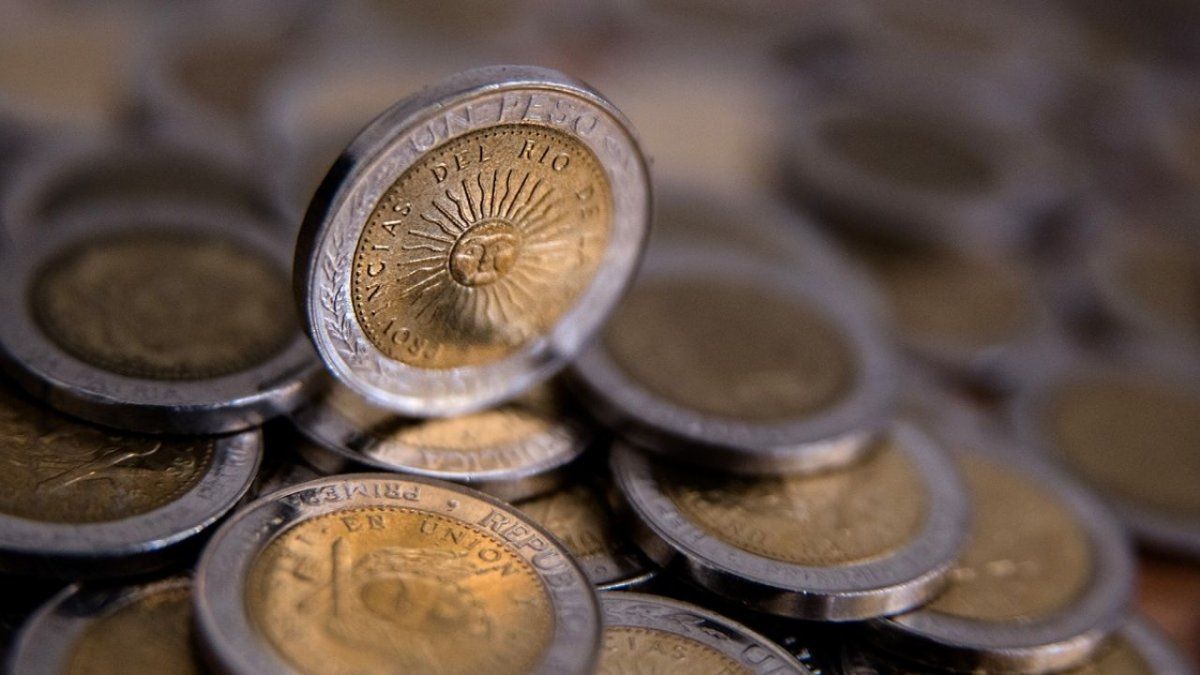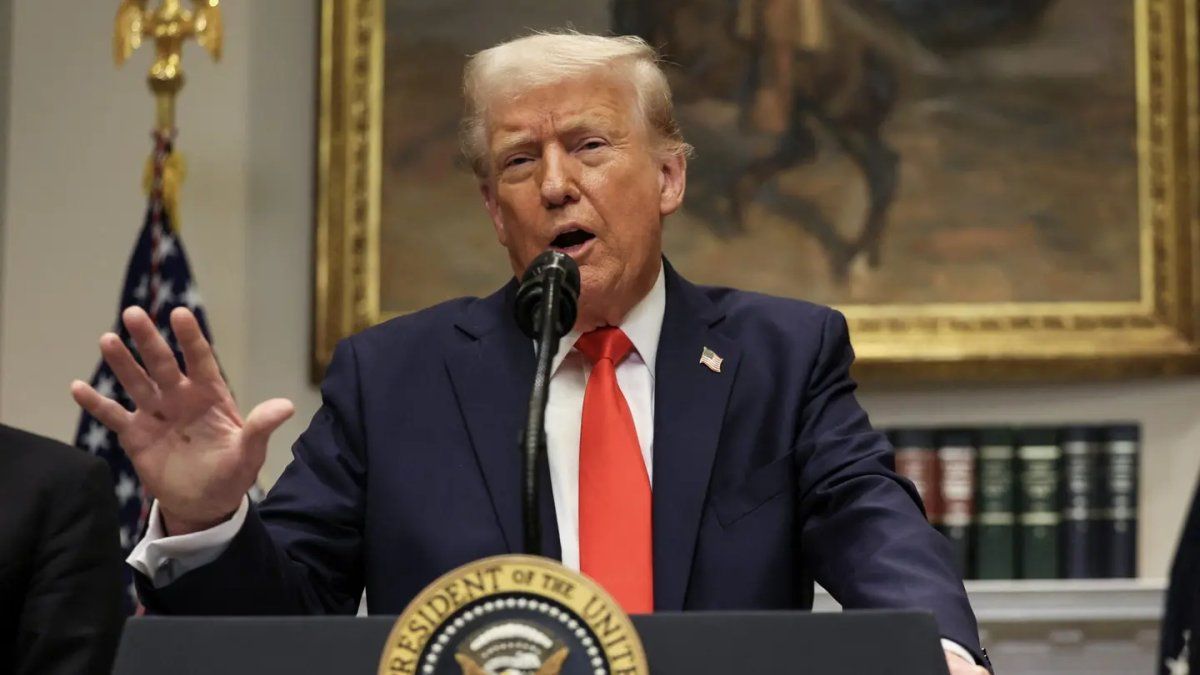To this is added that the coins, due to inflation, practically fell into disuse. They are the ideal element to be able to get a higher return on the money they represent by selling them to a metal reducer.
On the Facebook and Instagram Marketplaces, metal reducers (previously focused on buying scrap metal and industrial scrap) offer to buy coins “by the kilo.”
The average price of a 1-kilo bag of coins is $700, with only the old (mostly discontinued) 50-cent, $1, and $2 coins accepted – the latter must be the two-color editions since the newer ones have no real value recoverable by smelting.
This discrimination of the type of coin occurs because the oldest coins are made with materials such as copper, nickel, zinc or brass -all inputs that suffered increases in price with the escalation of arms in Europe-.
The $1 peso coins (of two colors) are the ones that offer the highest profits, since with 1 kilo of them (there would be 167 of them if the 6.35 grams indicated in the Central Bank report are taken as the reference weight) it is possible to get up to 4 times its monetary value.
Is coin casting legal?
According to article 283 of Law 11,179 on “Crimes against public faith”, it is illegal to make any type of alteration to coins or legal tender bills in Argentina, with the sentence being able to include years in prison depending on how much money was altered.
The same law explains it as follows: “Whoever cuts or alters legal tender currency and whoever introduces, dispenses or puts into circulation severed or altered currency shall be punished with one to five years’ imprisonment. If the alteration consists to change the color of the coin, the penalty will be from six months to three years in prison”.
Therefore, the casting of coins for the use of the materials it has inside is illegal if it is done with legal tender money.while it is possible to do it with elements that have been discontinued by the Central Bank.
Source: Ambito
David William is a talented author who has made a name for himself in the world of writing. He is a professional author who writes on a wide range of topics, from general interest to opinion news. David is currently working as a writer at 24 hours worlds where he brings his unique perspective and in-depth research to his articles, making them both informative and engaging.




